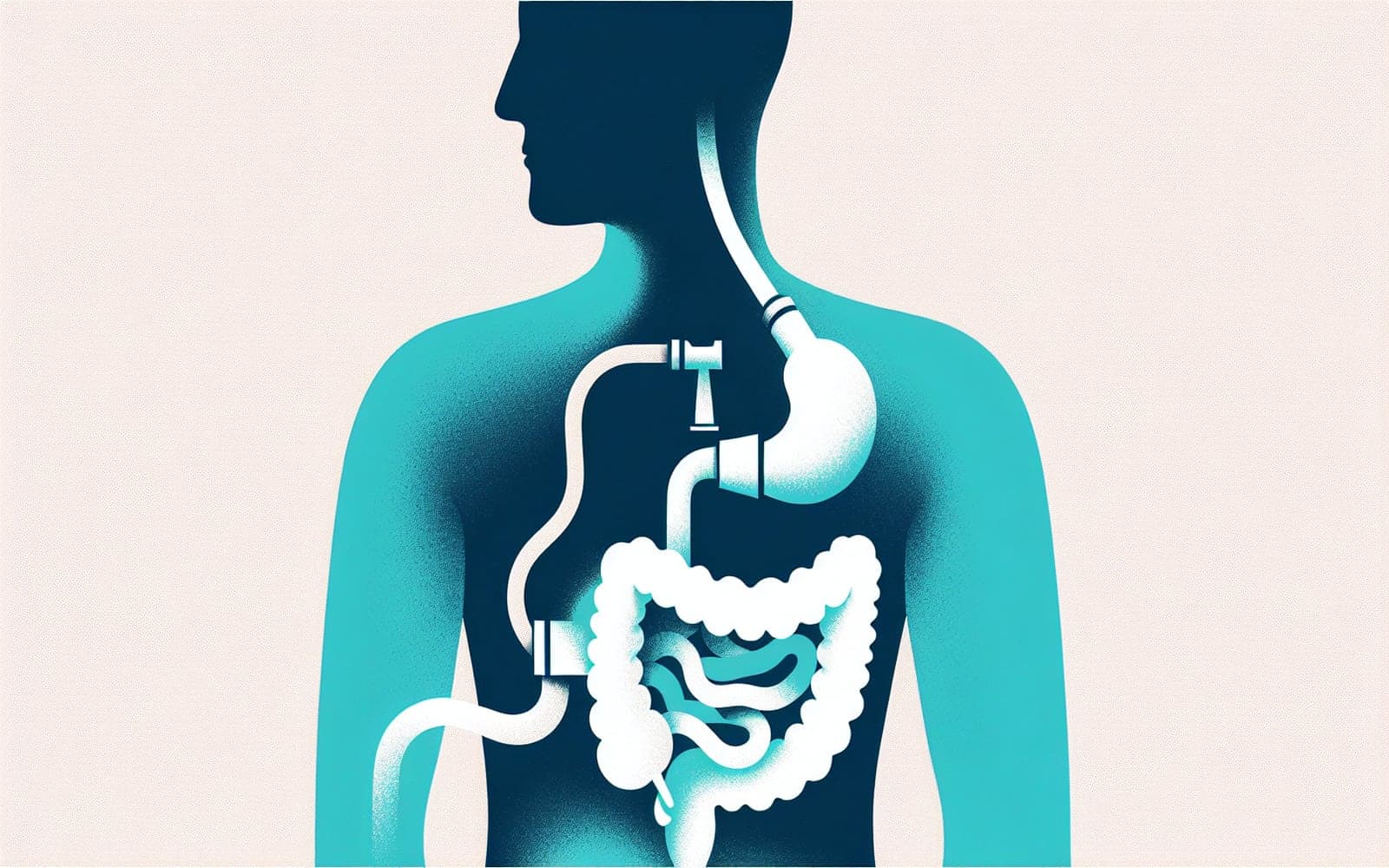Endoscopy: The Unseen Hero in Diagnosing Digestive Woes
Published: Sep 15, 2024
Endoscopy plays a critical role in diagnosing gastrointestinal issues, including hidden bleeding. Discover how this procedure works and why it's a game-changer in medical evaluations.
Contents
What is Endoscopy?
Endoscopy is a medical procedure that involves inserting a flexible tube with a camera into the digestive tract. It allows doctors to directly view the inside of organs like the esophagus, stomach, and colon. This procedure is crucial for identifying sources of bleeding and diagnosing conditions like ulcers, tumors, or inflammation.
Upper Endoscopy vs. Colonoscopy
Upper endoscopy examines the upper digestive tract, including the esophagus, stomach, and duodenum. It's essential for detecting upper GI lesions, which are often present in patients with positive fecal occult blood tests. Colonoscopy, on the other hand, focuses on the colon and rectum, identifying issues like polyps or colorectal cancer. Both procedures are complementary in evaluating GI bleeding.

When is Endoscopy Recommended?
Endoscopy is recommended when there's a positive fecal occult blood test or unexplained iron deficiency anemia. It's particularly useful when initial tests don't reveal a bleeding source. In such cases, both upper endoscopy and colonoscopy are often performed to ensure a comprehensive evaluation.
Frequently Asked Questions
It's a procedure using a camera-tube to view the digestive tract.
It examines the esophagus, stomach, and duodenum.
It's needed for positive stool tests or unexplained anemia.
Colonoscopy examines the colon, while endoscopy focuses on the upper tract.
Key Takeaways
Endoscopy is a vital tool in identifying and treating digestive system issues effectively.
Get started by consulting with Doctronic about your endoscopy options!Related Articles
References
Geller AJ, et al. The high frequency of upper gastrointestinal pathology. Am J Gastroenterol 1993; 88:1184.
Hsia PC, al-Kawas FH. Yield of upper endoscopy in the evaluation of asymptomatic patients. Am J Gastroenterol 1992; 87:1571.
Always discuss health information with your healthcare provider.

